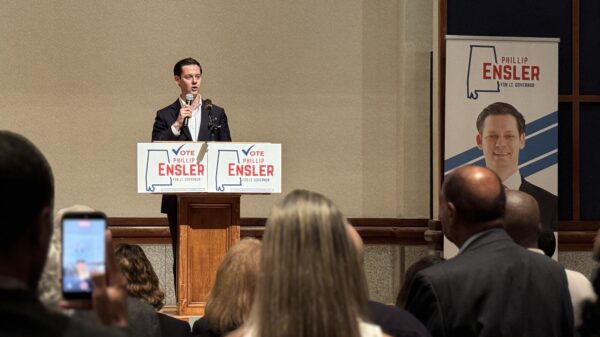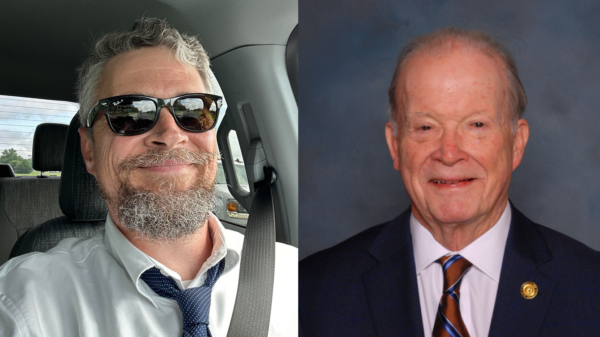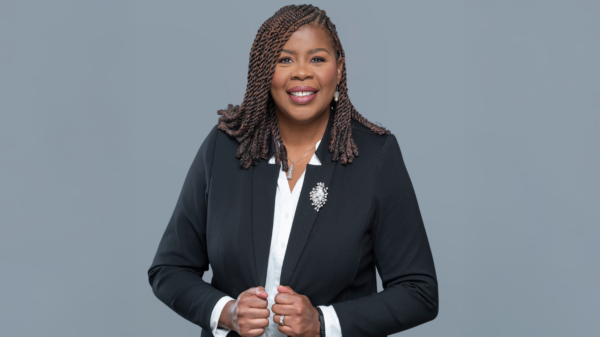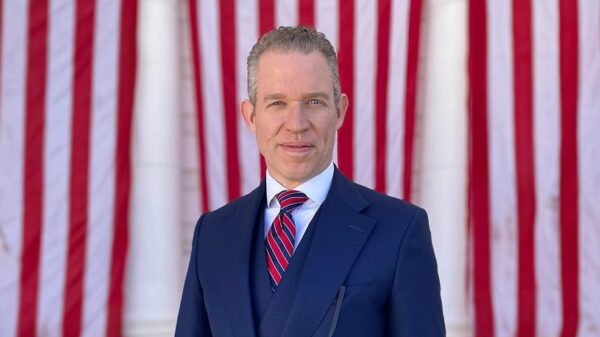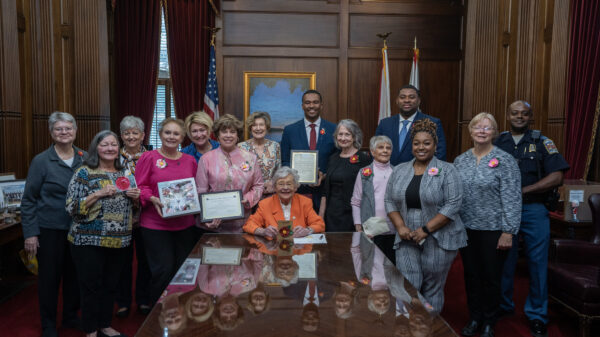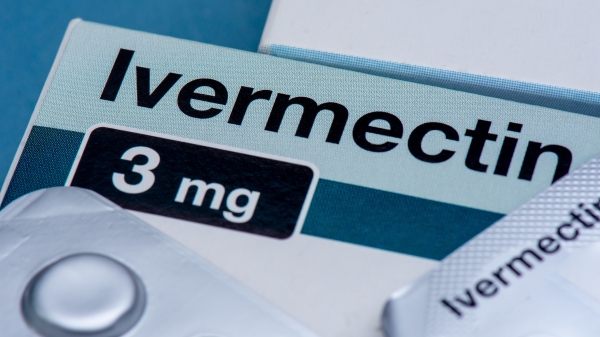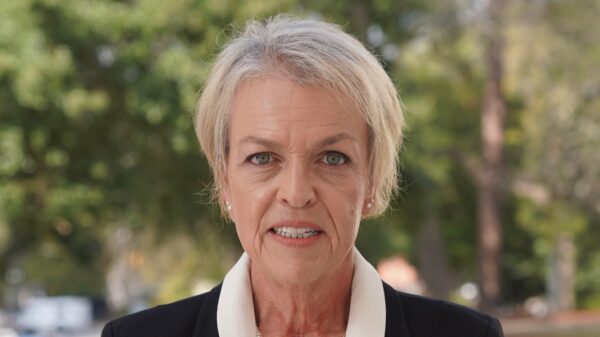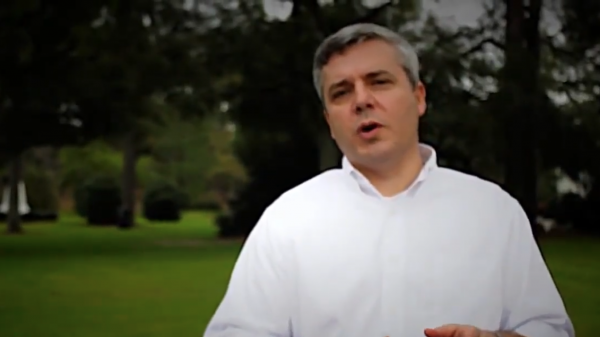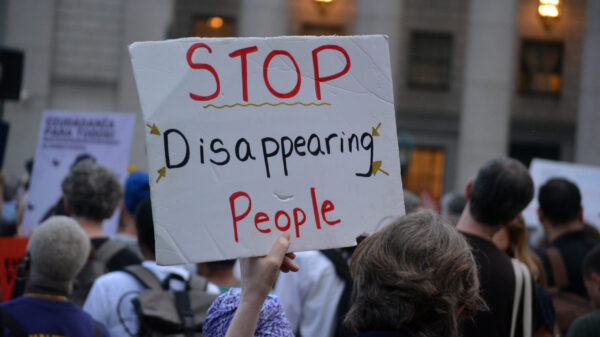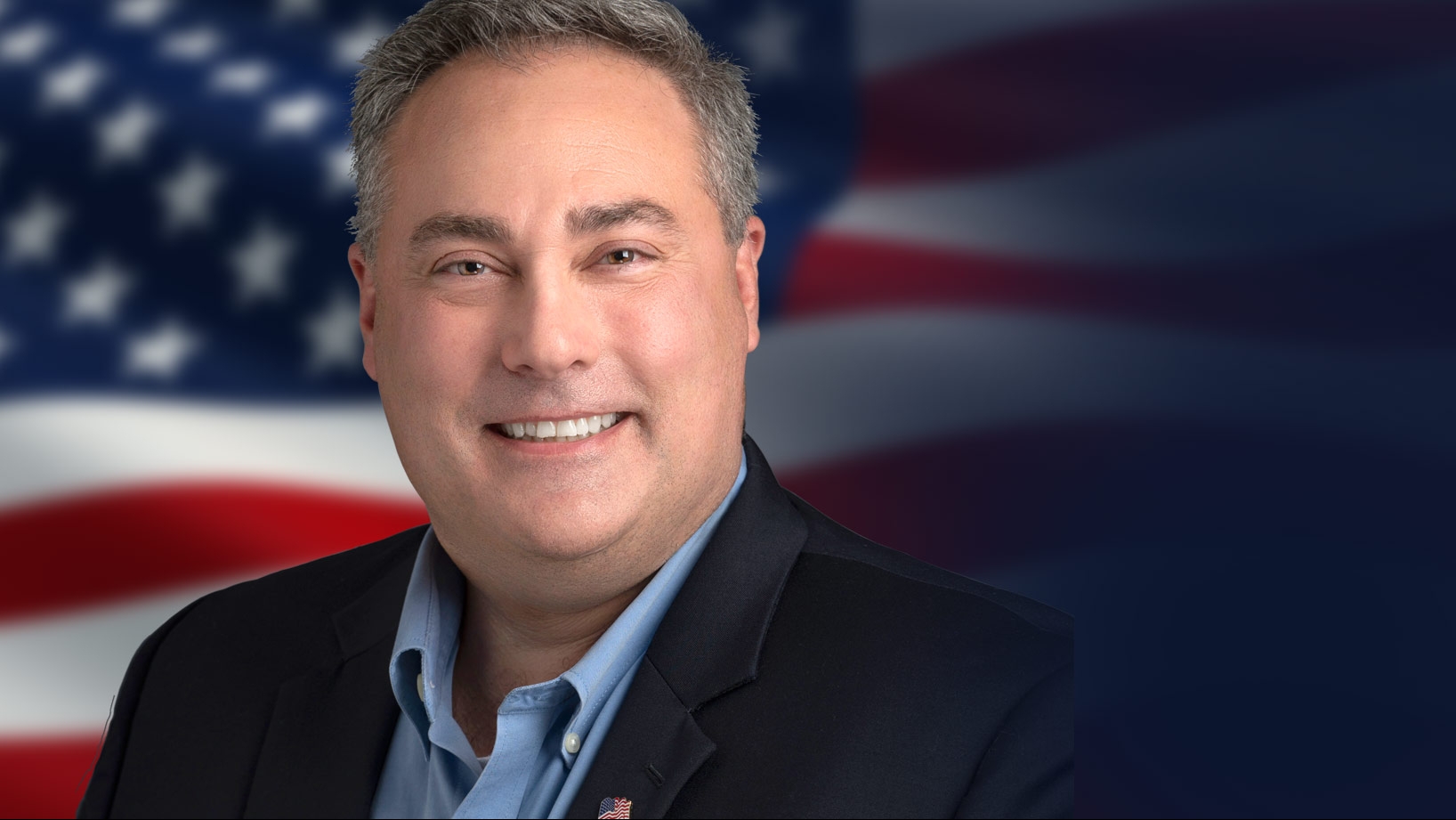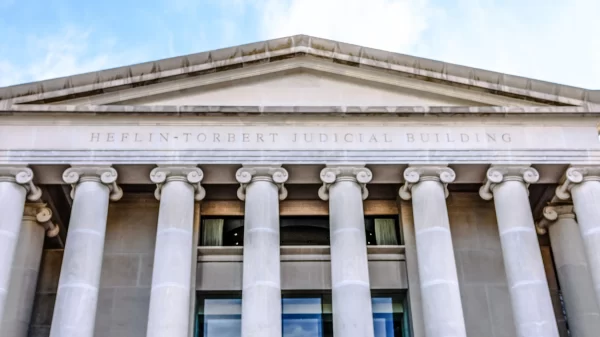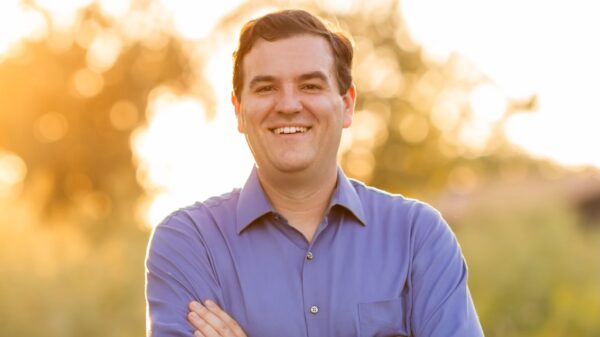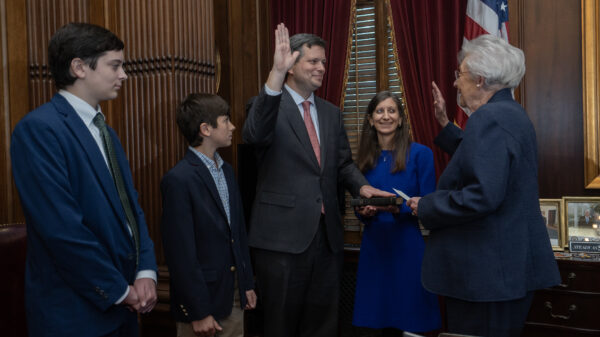David Cole is taking his election challenge back to the Alabama Supreme Court, but his May 17 deposition still looms.
Cole is asking Alabama’s highest court to intervene and overturn a Madison County Circuit Court judge’s order that determined deposition questions submitted in the challenge did not have to be limited to 40 or fewer. The judge also ruled that the questions – more than 400 possible questions – were not unduly burdensome.
Cole’s election as a state representative for House District 10 is being challenged by Libertarian candidate Elijah Boyd over Cole’s residency. A home that Cole and his family reside in is located outside of the 10th district, in District 4. In an apparent attempt to get around that issue, Cole supplied the home address of a family friend when submitting his qualifying documents to run for office.
Cole told APR, which first reported the discrepancy in October, that he and his family of five moved into that friend’s home, because the family wanted to downsize. The family friend and his wife, who still own the four-bedroom home, remained in the home at the same time, Cole’s campaign told APR.
In the nearly 18 months since that alleged move, the Coles have never placed the District 4 home on the market, and as recently as last week, still appear to reside in the home. Cole’s campaign provided APR with a lease for an apartment in District 10 that it said Cole and his family moved into last September. (Even if true, that move would have still left Cole ineligible to hold his current seat because state law requires a candidate to reside in the district where they run for one calendar year prior to the general election date.)
Cole has now twice turned to the Alabama Supreme Court in an attempt to overturn decisions by Madison County Judge Ruth Ann Hall. He first challenged Hall’s ruling that the Madison County Circuit Court – the circuit court in the county where the election challenge was filed – had standing to govern the case before ultimately presenting it to the Alabama Legislature for a proper hearing on the gathered facts. The ALSC agreed with Hall’s ruling.
The court also seems unlikely to overturn Hall on the latest issue. As Hall notes in her ruling on the matter of the number of questions, the unique nature of an election challenge deposition – which requires written questions that must be asked by an impartial commissioner – forces attorneys into a guessing game in which they have to submit follow-up questions for all reasonable potential answers.
“The Court has reviewed the direct examination questions, cross examination questions, and the rebuttal questions and obviously recognizes that they are voluminous,” Hall wrote. “At the same time, this Court acknowledges the difficulty of trying to draft sufficiently thorough and unambiguous questions and potential follow-up questions. Having reviewed the questions, the Court finds that the areas of inquiry are material and relevant to the residency issue that is the subject of this election contest and that the questions submitted are not unduly burdensome as many of these questions may not be necessary dependent upon the initial response.”

